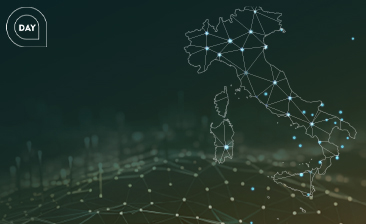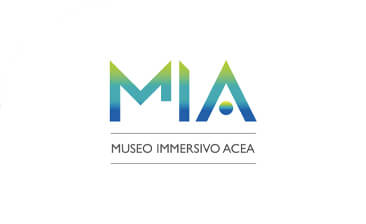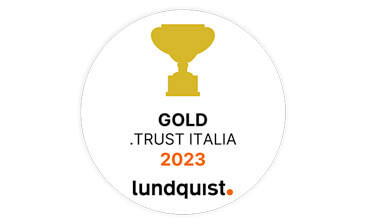
Acea for World Energy Saving Day
Goal 4 of the 2030 Agenda aims to provide an equitable quality education for everyone. Ensuring universal access to education opportunities and removing learning barriers helps to reduce global inequalities, both of an economic and social nature. In addition, it is crucial that education meets the specific needs of individuals, to tackle early school leaving and functional illiteracy, in order to promote a more sustainable future.
The key elements of goal 4 of the 2030 Agenda include:
Early school leaving refers to a range of circumstances in which school-age children miss, do not complete or use educational services irregularly.
Ensuring that everyone – including those form protected classes and in vulnerable situations – has an equal access to education and professional training to reach an adequate level of literacy and numeracy is one of the goals of the SDG 4 which specifically aims to reduce early school leaving. To increase school attendance, it is also important to increase the global number of scholarships in order to ensure access to higher education.
Functional illiteracy refers to the partial difficult of individuals to apply their reading, writing and computing skills in everyday life. This phenomenon is not linked to school attendance, as it is more prevalent in developed countries with a high level of education. The quality of school education is vital to tackle functional illiteracy. Goal 4 of the UN 2030 Agenda aims, among other things, to ensure "quality in primary and secondary education for consistent and sufficient learning outcomes."
In line with the goals outlined in SDG 4 of the UN 2030 Agenda - the Acea Group is committed to promoting education and training initiatives for young people. Effective training allows access to better working opportunities, thus leading to the overall well-being of society. Furthermore, these projects aim at promoting the culture of sustainability and engaging younger generations in important issues such as energy transition.
Acea promotes collaborations, partnerships, internships and traineeships (with universities such as Sapienza, LUISS and Federico II of Naples, and many others), to create a first interaction between recent graduates and the job market. In 2023, as part of these initiatives, Acea provided 14 training internships and 22 curricular traineeships.
Acea's commitment to achieving the objectives set out in SDG 4 is reflected in the training opportunities offered, including courses and university masters, to the Group's employee. As far as school is concerned, Acea promotes training, awareness and school-work balance projects, to support and advise young people in making decisions for their future.
For years, Acea has supported school-work balance initiatives, engaging students coming from local high schools. The program allows students to present their own concepts and promote creative solutions around innovation and sustainability.
Meeting with Acea's employee allows students to better understand the skills and professional roles that are in demand within the job market. This allows them to be prepared for job interviews.
GenerAzione per la Transizione - Clima e Energia" (Generation for Transition - Climate and Energy) – the 2024 work-school balance project by Acea Group – will engage nearly 180 students from eleven high schools and technical institutes located in Lazio, Umbria, Campania and Tuscany. The students will participate in a day of work during which they will be guided by Acea staff, to develop a project work on the energy transition.
Women professional in STEM (Science, Technologies, Engineering and Mathematics) fields play a crucial role in orienting students, especially young girls. Through their testimonies, these women bring to schools their own experience as successful professionals in fields traditionally male-dominated fields.
Professionals visit schools and universities as Role models, sharing their own personal experience and engaging students in a day at the company.
The account of their training and professional choices reflects the principles set out in goal 4 of the 2030 Agenda. This is relevant importance, as it helps students to discover their abilities, improve their training and make informed decisions for their future. In addition, overcoming gender stereotypes can be particularly helpful in the workplace.
Discover the latest news and initiatives of the Acea Group

Acea for World Energy Saving Day

Visit the virtual museum about the history of the Acea Group

The channel for the commercial requests on land urbanisation

Acea turns the spotlight on the Rome Film Festival 2023

Acea is in the "Gold class" in the .trust research

Read more about our culture of inclusiveness